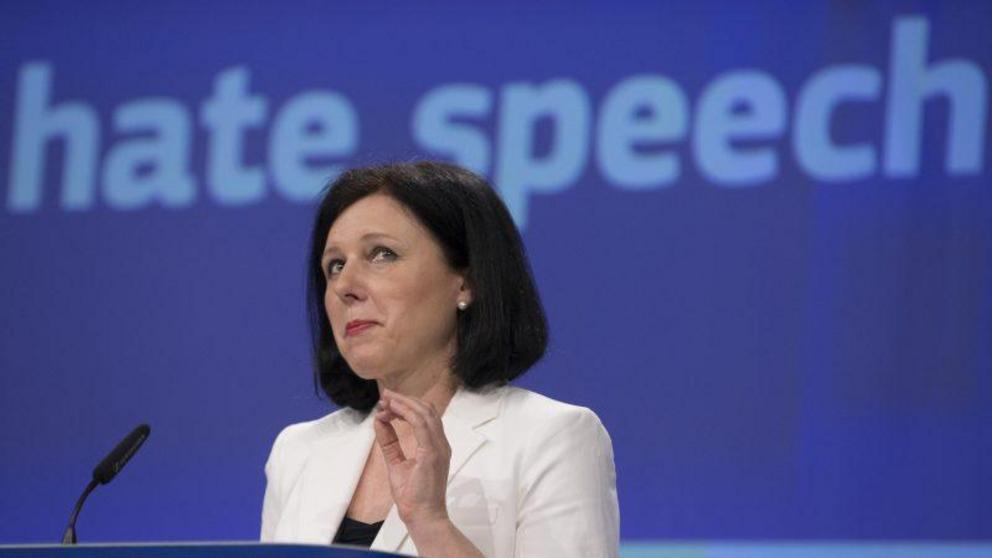EU enters 'final stage' of crafting bill forcing big tech censorship
The European Union is in the final stages of crafting legislation that will force big tech and Internet companies to censor “extremist” content and cooperate with law enforcement, Reuters reports.
The bill is expected to be released by the end of the month and will absolutely require companies such as Google, Facebook, and Twitter to swiftly remove any content considered terroristic from their platforms.
In March, the European Commission told such companies that they had three months to show they were removing “extremist” content more rapidly or face legislation forcing them to do so.
EU recommendations were sent out at the time regarding the speedy removal of all content including terrorist content, incitement to hatred and violence, child sexual abuse material, counterfeit products, and copyright infringement.
The threat eventually led to the creation of an online “code of conduct” aimed at fighting racism and xenophobia across Europe, an effort both the EU and big tech collaborated on.
According to European Justice Commissioner Vera Jourova, an existing code of conduct to counter hate speech could remain voluntary.
“(But on) terrorist content, we came to the conclusion that it is too serious a threat and risk for European people that we should have absolute certainty that all the platforms and all the IT providers will delete the terrorist content and will cooperate with law enforcement bodies,” Jourova said on Wednesday.
Download Your First Issue Free!
Do You Want to Learn How to Become Financially Independent, Make a Living Without a Traditional Job & Finally Live Free?
Download Your Free Copy of Counter Markets
Issue: Trends & Strategies for Maximum Freedom
“Yes, this is in the final stage,” she added, addressing the new bill.
While details of the new legislation remain hidden, Financial Times in August learned that law enforcement will be in charge of flagging content for censorship.
EU security commissioner Julian King also had mentioned last month that the bill will “likely” turn the agreed upon “code of conduct” into mandatory law, placing the prediction by Jourova that it will remain voluntary on shaky grounds.
The big tech/EU code of conduct establishes “public commitments” for tech companies, including the requirement to review the “majority of valid notifications for removal of illegal hate speech” in less than 24 hours. It was also crafted to make it easier for law enforcement to notify firms directly of any unwanted content.
Within the code is a narrow explanation of “hate speech,” being defined as “all conduct publicly inciting to violence or hatred directed against a group of persons or a member of such a group defined by reference to race, colour, religion, descent or national or ethnic origin.”
The nature of enforcing censorship based on a narrow and subjective term such as “hate speech” is likely to keep suspicions high that these types of decision aren’t about creating a safer world, but rather a world in which superstates like the EU control the content people see online for political purposes.

